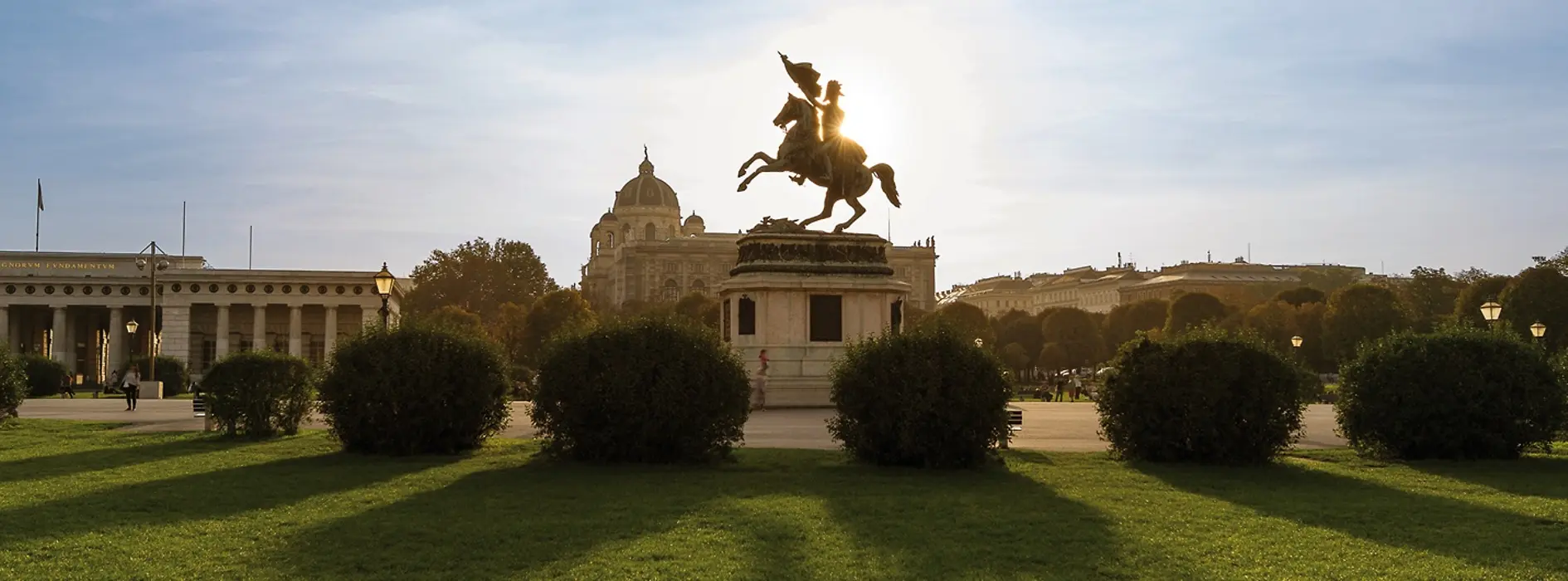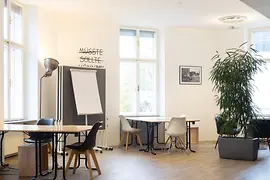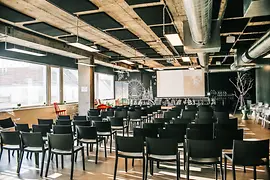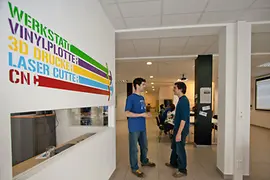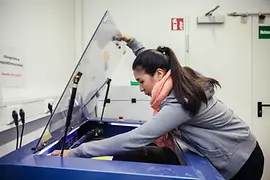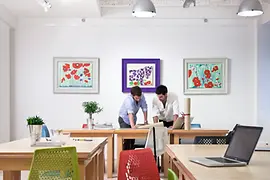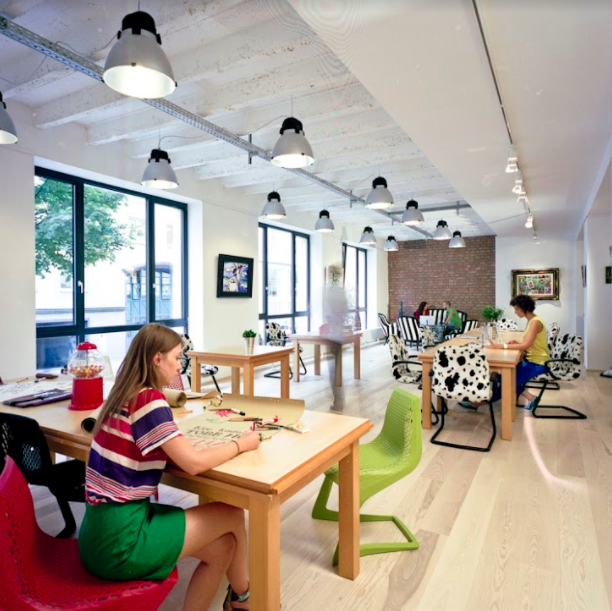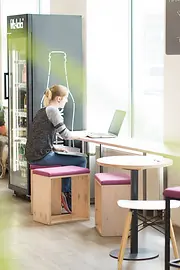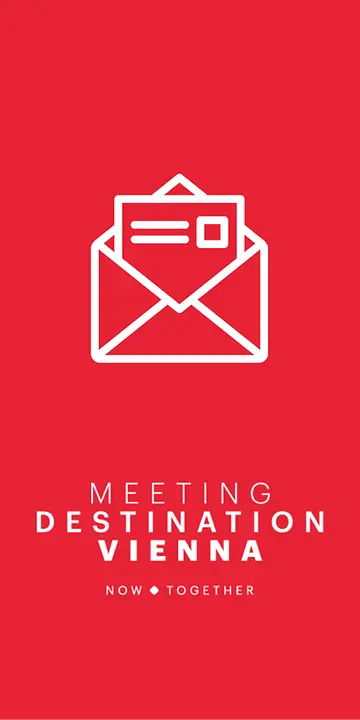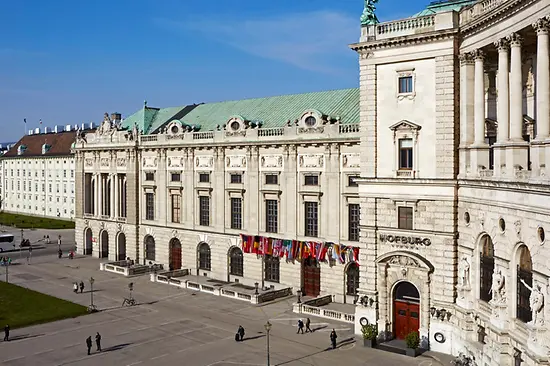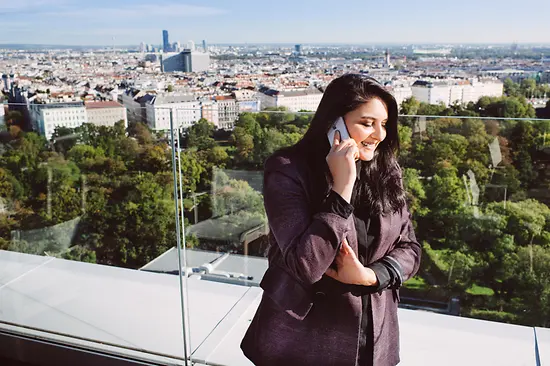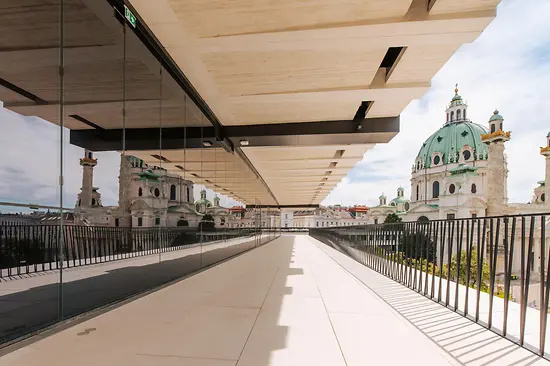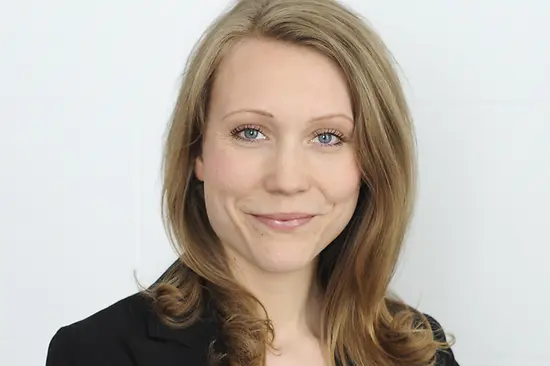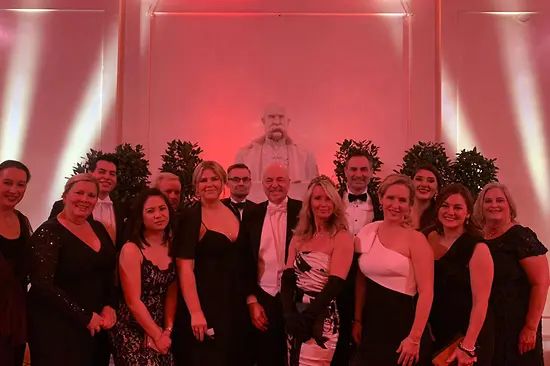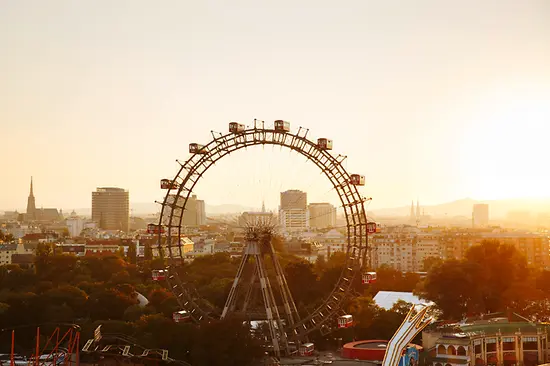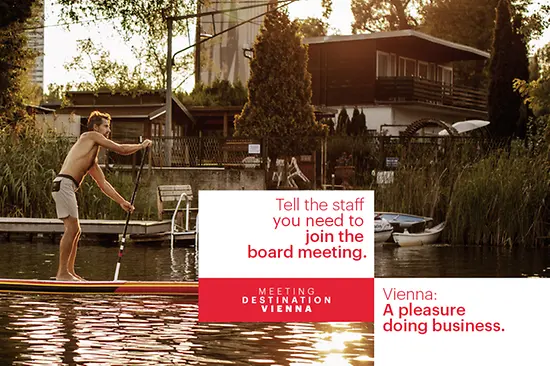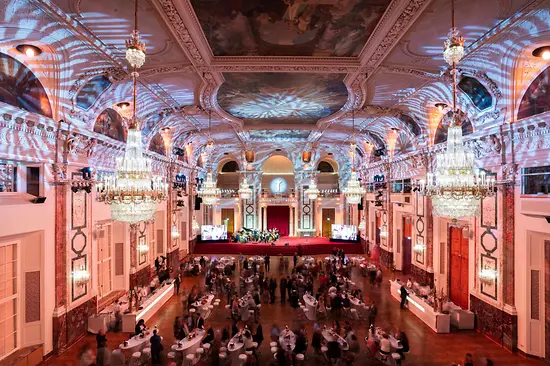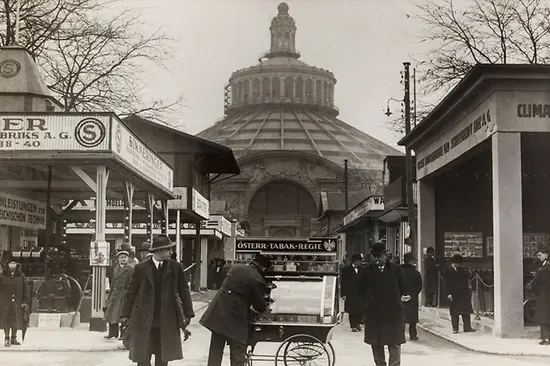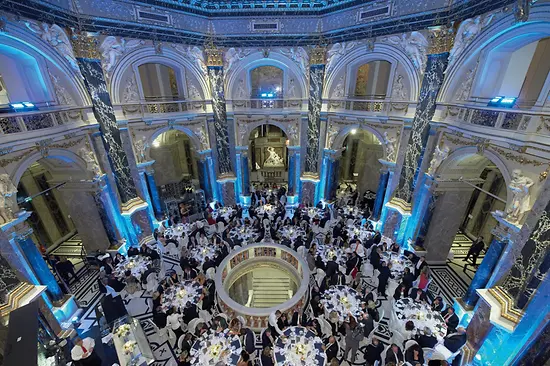Coworking spaces – hotbeds of innovative ideas
Coworking first emerged as an alternative to conventional working set-ups in the USA in 2005: office infrastructure is made available for individuals to use for an hourly, daily or monthly rate. Additional costs for amenities such as WiFi, printers and scanners, as well as cleaning are usually included in the price. Depending on requirements, services can include everything from simply shared desks and meeting rooms (that are cleared and dressed again after use) right through to separate offices with lockable doors. Since the pandemic broke out, demand for these kinds of out-of-home private working environments has shot up. They often provide more space and better furniture than many people have at home, and provide an added sense of security. And it's not just individual workspaces that are proving popular – shared set-ups are still very much in demand despite Covid-19 thanks to the operators of Vienna’s coworking spaces, who were quick to implement all the necessary safety measures, while making sure hygiene and distancing measures were strictly observed.
But there is much more to coworking than just efficient use of infrastructure. Spaces like this also give customers a great opportunity to interact with like-minded individuals and take their ideas to the next level. In fact, many providers offer ancillary services such as IT support and legal advice. As a result, both supply and demand have risen sharply in Vienna in recent years. Although uptake primarily came from one-person companies and individuals working in creative industries to begin with, more and more companies are starting to latch on to the idea. Many of them are start-ups which gravitate towards one another in hubs. New options are also emerging all the time for working parents.
Wide range of options
While the capital's coworking spaces and start-up hubs basically all operate along the same lines, the individual options on offer vary massively, with different sizes and set-ups readily available. Europe's leading coworking network, Talent Garden, arrived in Vienna in 2019 with a 5,000m² facility. Located in the ninth district, it offers a range of open-plan and private office solutions, and stages regular events for innovators and the tech community. Meanwhile, the Talent Garden Innovation School provides a broad-based training and education program tailored to the latest labor market requirements. Once the working day is over, users can (Covid-19 restrictions permitting) enjoy community events such as yoga classes and after-work drinks.
Community focus in an inviting atmosphere
More and more coworking spaces are looking to create a sense of community. And that includes the city's oldest provider Loffice, an office with a distinctive loft character. The former footwear factory in the seventh district has been leading the way for the past ten years under the management of its founders, sisters Kata and Panni Klementz. Freelancers and start-up founders work side by side as part of one giant network. The interior features numerous works by young contemporary artists which line the walls of both floors of the premises.
Wherever in Vienna they are, it's clear that many of the capital's coworking spaces are all about creating a pleasant ambience to make working a more enjoyable experience. Cocoquadrat in the fourth district is an open-plan office setting steeped in a café atmosphere where users can expect to find top amenities combined with a community feeling. The in-house coffeeshop with all-day breakfast is a real hit. With flexibility and spontaneity the order of the day, the service is charged by the minute using a special app.
Demand for innovation workshops riding high
Innovation workshops are a special type of coworking space. In "machine parks" like this, customers share access to equipment and technology such as laser cutters and 3D printers. With 2,000 members, the Happylab makerspace – which has branches in Vienna's second district, Salzburg and Berlin – is the largest of its kind in Europe. Free workshops are staged to familiarize members with the facilities. Its users include private individuals, start-ups and SMEs, and demand for communal equipment like this is increasing all the time.
